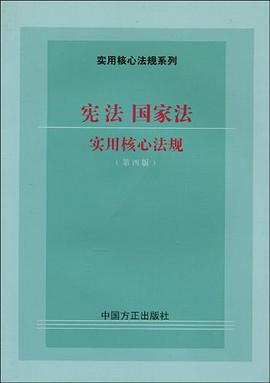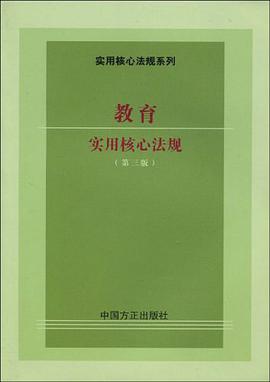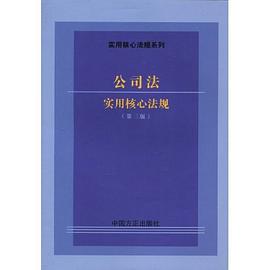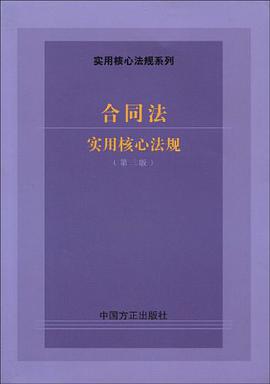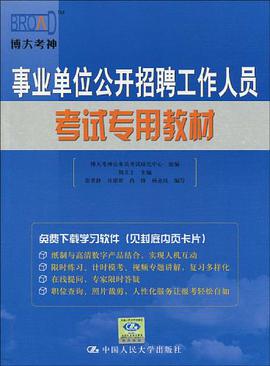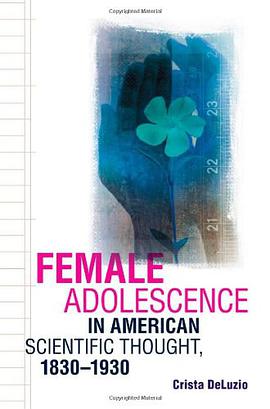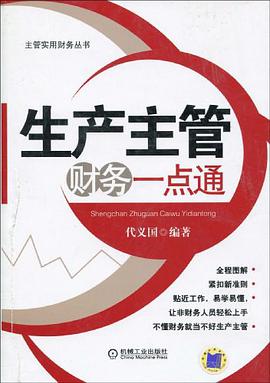

具体描述
"Love drives and gives life to the commerce of mankind." Thus, the sixteen year old Ferdinando Galiani (1728-1787) presented his project to understand the sociable nature of man. This observation, a reflection of his own position on the relation between trade and virtue, hinted at what the mature works of Galiani, one of the most noteworthy economists and wits in eighteenth-century Italy, would eventually yield.In Love, Self-Deceit, and Money, Koen Stapelbroek reconstructs the Early Neapolitan Enlightenment debate on the morality of market societies, a debate that hinged on the preservation of Naples' independent statehood in a global arena of commercial and military competition. Galiani rejected the moralizing and mercantile ideas of his contemporaries regarding the dangers threatening Naples, and, in his Della moneta (1751), he justified the systems set in place by the Neapolitan government. With reference to early, previously unstudied lectures on self-deceptive 'Platonic love,' Koen Stapelbroek examines Galiani's role in the wider debate, arguing that his early moral philosophical and historical work suggests a great deal about his political-economic stance, including his assertion that money is the ultimate ordering principle in the universe.As a study of one of the most idiosyncratic minds of the Enlightenment period, Love, Self-Deceit, and Money shows how diverse ideas of the development of individual passions into social dispositions, commerce, and reform politics dovetailed seamlessly in the intellectual climate of eighteenth-century Europe.
作者简介
目录信息
读后感
评分
评分
评分
评分
用户评价
相关图书
本站所有内容均为互联网搜索引擎提供的公开搜索信息,本站不存储任何数据与内容,任何内容与数据均与本站无关,如有需要请联系相关搜索引擎包括但不限于百度,google,bing,sogou 等
© 2026 book.wenda123.org All Rights Reserved. 图书目录大全 版权所有

